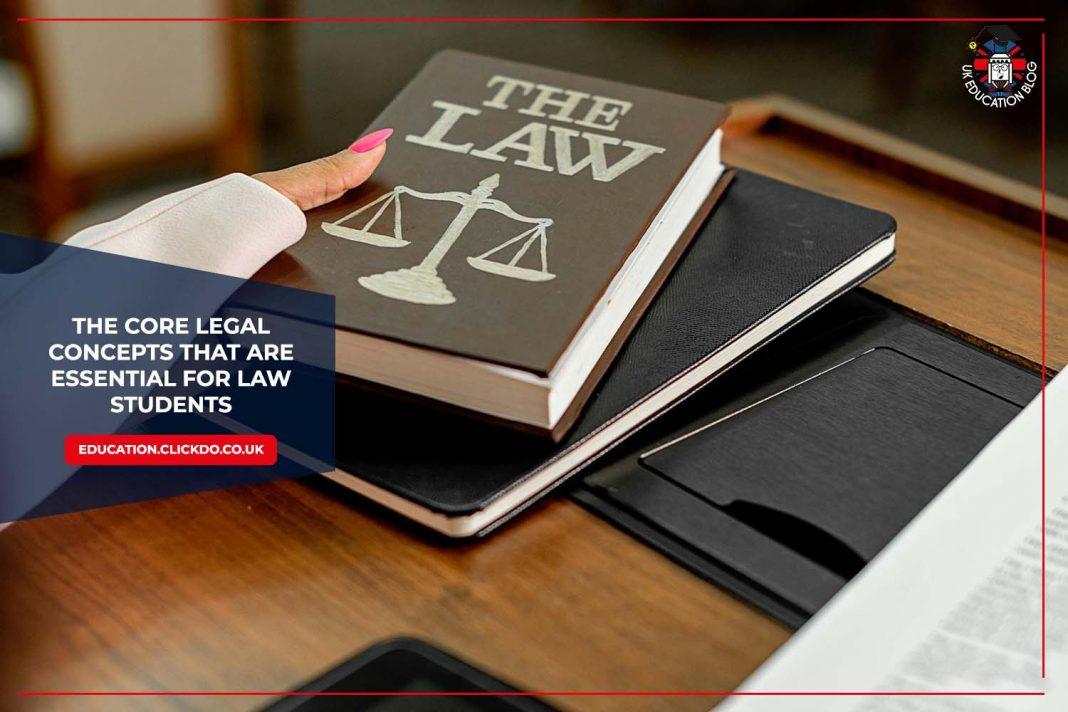Entering law school involves much more than memorizing statutes and precedents. The first year alone exposes students to the foundations of the legal system—like constitutional law, contracts, torts, and criminal law.
Each subject interconnects with others, creating a holistic picture of how laws shape society and protect individual rights. But that’s just the start: as students delve deeper, they begin to see that law is more than black-and-white rules; it’s a dynamic framework continually evolving through case decisions, legislative changes, and cultural shifts.
This realization pushes budding lawyers to not only learn the letter of the law but also develop critical thinking, analysis, and interpretation skills.
Key Areas Law Students Encounter

Most law curricula are structured to give a balanced view of broad areas, allowing specialization later. Civil law modules often cover contract disputes and tort claims, focusing on disputes between individuals or organizations.
Public law delves into how governments operate and how citizens interact with state authorities, laying the groundwork for administrative and constitutional studies.
Criminal law zeroes in on offenses against society, exploring everything from robbery to more nuanced issues like corporate manslaughter.
There’s also property law, which addresses ownership rights and real estate transactions, and intellectual property law, dealing with creations of the mind, such as patents and copyrights.
The overarching aim is to equip students with a versatile toolkit to navigate the many pathways a legal career can take.
Learning Through Real-World Context
| Core Subject | Key Focus | Typical Applications |
| Contract Law | Agreement formation & enforcement | Business deals, rental agreements |
| Tort Law | Civil wrongs & liabilities | Personal injury, defamation claims |
| Criminal Law | Offenses against society | Theft, assault, corporate crimes |
| Constitutional Law | Governing bodies & fundamental rights | Judicial reviews, civil liberties |
| Property Law | Ownership & land use | Real estate transactions, inheritance |
This snapshot highlights how each subject tackles specific types of disputes or transactions. While the table only scratches the surface, it showcases the range of scenarios where legal concepts apply.
Staying Adaptable in a Changing Field

Even after mastering the classic subjects and practical exercises, future lawyers must remain open to shifting trends. Legal practices evolve as technology, social norms, and global events redefine how disputes arise and are resolved. Cybercrime and data privacy, for instance, are now vital areas that weren’t as prominent decades ago.
This means a lifelong learning mindset is crucial. Graduates who continue reading new case law, attending seminars, or obtaining special certifications will be better positioned to serve their clients and rise within their organizations. Adaptability isn’t just a buzzword; it’s a cornerstone of enduring success in a profession where tomorrow’s challenges often look nothing like today’s.
Finding Your Personal Focus
Finally, law school is as much about self-discovery as it is about legal doctrine. Some students fall in love with criminal advocacy; others realize they thrive in corporate negotiations. Exploring various modules, participating in volunteering and internships, and seeking mentors help pinpoint where passion and skill intersect.
It’s important to note that a legal career doesn’t have to follow a linear path—from in-house counsel roles at tech startups to humanitarian legal work abroad, the opportunities are broad. By staying curious, embracing the core subjects, and continually honing new talents, aspiring lawyers can find not just a job, but a fulfilling vocation in the ever-expanding realm of law.
No Win No Fee and Its Relevance

Amid these foundational studies, law students in the UK often come across the concept of “no win no fee,” also known as conditional fee arrangements. It’s especially prevalent in personal injury and other litigation-heavy fields where clients may not afford hefty legal fees upfront. If done right, no win no fee can increase access to justice, letting people pursue valid claims without risking financial ruin.
The reality for law students is that understanding no win no fee agreements is a vital part of most law jobs in the UK. But it also demands careful drafting of agreements, ethical vigilance, and transparent communication with clients. For budding solicitors, understanding the ins and outs of these arrangements is key—particularly since this funding model can significantly shape their future practice, whether in high-volume personal injury firms or smaller specialized outlets.
Bridging Theory and Practical Skills
While lectures and case readings lay a solid foundation, a modern legal education increasingly incorporates hands-on experiences. Moot court competitions, mock trials, and externships place students in simulated or real-life scenarios, fostering argumentation, negotiation, and client interaction skills. Many universities run legal clinics, offering free or low-cost advice to community members, which enriches the student experience with real-world applications.
Through these exercises, law students learn how to apply doctrine to practice, refine their emotional intelligence, and adapt to rapidly evolving situations—qualities essential in any legal career, from corporate counsel to public defender.
Author Profile

- Shirley Owen is a blogger and writer who enjoys writing blogs on education, technology and general news. An avid reader, she follows all the latest news & developments to report on them through her articles.
Latest entries
 careerDecember 30, 2025Why BIM Mastery has become essential for Construction Professionals in 2025
careerDecember 30, 2025Why BIM Mastery has become essential for Construction Professionals in 2025 learningDecember 22, 2025When Co-parenting Affects School Performance – Challenges & Solutions
learningDecember 22, 2025When Co-parenting Affects School Performance – Challenges & Solutions educationDecember 11, 2025Making Education Accessible for Mobile Families that Travel
educationDecember 11, 2025Making Education Accessible for Mobile Families that Travel learningOctober 28, 20257 Daily Classroom Strategies Helping Children With Learning Differences Thrive
learningOctober 28, 20257 Daily Classroom Strategies Helping Children With Learning Differences Thrive







